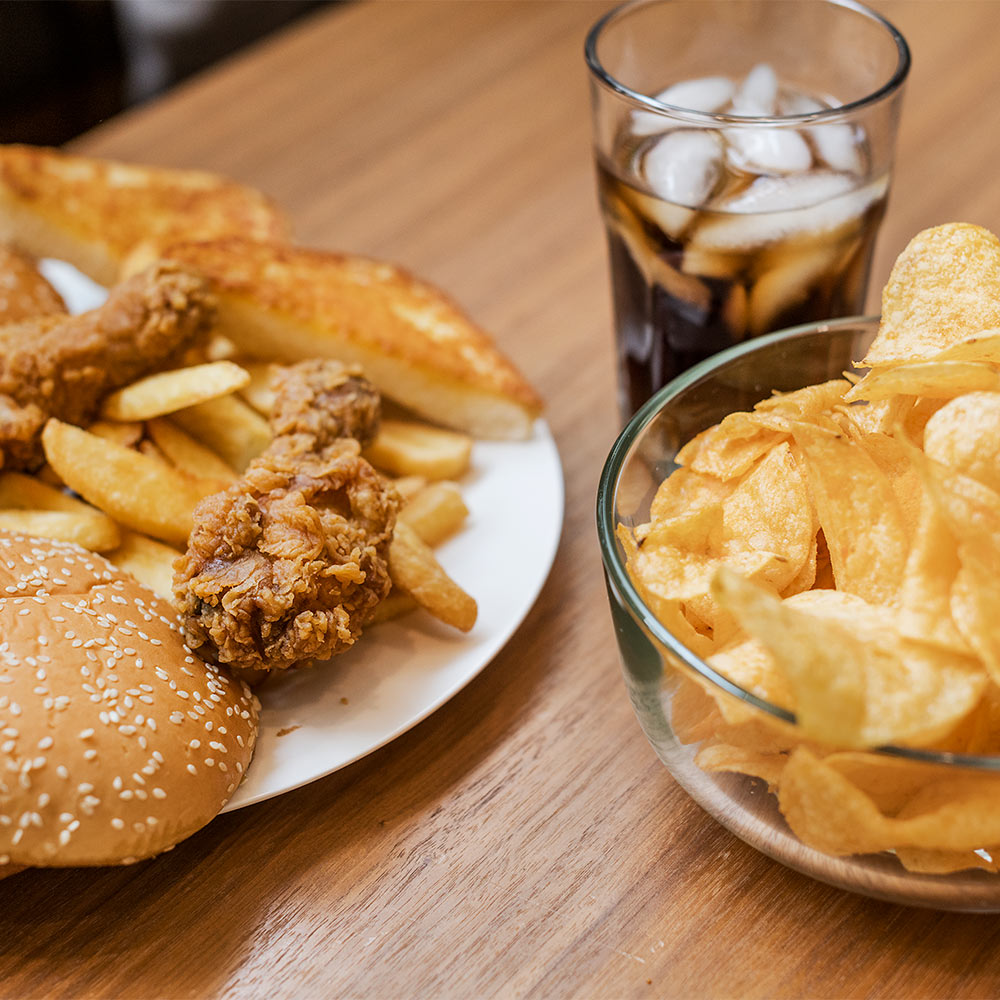Binge-eating disorder
Binge-eating disorder is characterised by regular episodes of compulsive eating. Unlike bulimia, a person with binge-eating disorder will not use compensatory behaviours, such as self-induced vomiting or over-exercising after compulsive eating. According to the National Eating Disorder Information Centre, 2 to 3% of people are diagnosed with Binge Eating Disorder.
Binge-eating disorder involves two key features
- Eating a very large amount of food within a relatively short period of time (for example within two hours)
- Feeling a sense of loss of control while eating (e.g. feeling unable to stop yourself from eating)
Warning signs and symptoms
An individual suffering binge eating disorder will likely experience the following:
- Eating more quickly than usual a large amount of food.
- Difficulty to stop eating even when someone is overly full and uncomfortable leading to digestive symptoms such as abdominal cramps, bloating and acid reflux.
- Eating often despite not being hungry.
- Guilt and shame after binge-eating episodes
- Hiding foods or eating specific foods when alone
- Restricting food intake after binge-eating episodes
- Weight fluctuations
- Excessive preoccupation about body image
- Increased isolation
- Stress of eating out or in public out of fear of losing control with food



